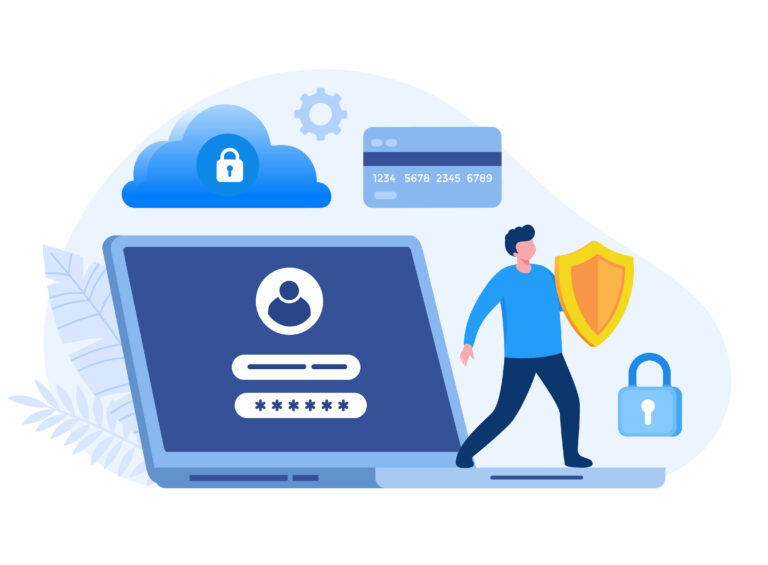Building Trust: Ensuring Data Security in Ecommerce Transactions
Published: September 20, 2023 | Case Studies & Guides, Technology & Tools, Tips & Tricks

In an age where digital commerce is more prevalent than ever, the assurance of data security is paramount. Customers need to trust that their personal and financial information is safeguarded when they make a purchase. For ecommerce businesses, establishing and maintaining this trust is not just a value-add—it’s a necessity. This article will explore how to fortify data security in ecommerce transactions, laying the foundation for lasting customer confidence.
1. Employ Robust Encryption
The first line of defense in any online transaction is encryption. Ensure that all data transmitted between your server and the customer is encrypted using modern techniques, such as the Secure Sockets Layer (SSL) or Transport Layer Security (TLS). Displaying the ‘https’ in your web address and a padlock symbol in the browser can reassure customers that their data is protected.
2. Regularly Update Systems
Cyber threats evolve at an alarming pace. Outdated systems are vulnerable to breaches. Regularly update your software, plugins, and ecommerce platforms to fix known vulnerabilities and stay one step ahead of potential cyber attackers.
3. Choose Secure Payment Gateways
Collaborate with reputable payment gateways known for their stringent security measures. Companies like PayPal, Stripe, and Square invest heavily in security and come with built-in protections against fraud.
4. Two-Factor Authentication (2FA)
Introduce 2FA for customer accounts, especially during checkout. This added layer of security ensures that even if a password is compromised, there’s an additional barrier preventing unauthorized access.
5. Maintain PCI DSS Compliance
The Payment Card Industry Data Security Standard (PCI DSS) is a set of requirements designed to ensure companies process card payments securely. Compliance is not only good practice but often mandatory, depending on your transaction volume and location.
6. Educate Your Team
A well-informed team can be the difference between a secure system and a vulnerable one. Regularly train your staff about the latest threats, safe online behavior, and the importance of strong, unique passwords.
7. Implement Data Minimization
Only collect the data you absolutely need. Not storing extraneous customer information reduces the potential fallout if there’s a breach. Moreover, it demonstrates to customers that you respect their privacy.
8. Monitor & Respond to Breaches Swiftly
Implement monitoring tools to detect suspicious activities in real-time. In the unfortunate event of a breach, having a response plan in place can mitigate damage and communicate transparency to your customers.
9. Transparency in Data Practices
Clearly communicate your data practices to customers. Transparent privacy policies and terms of service can go a long way in building trust.
10. Backup Data Regularly
Regular backups can prevent data loss in cases of breaches or system failures. Ensure these backups are encrypted and stored securely.
Trust is a foundational element in the world of ecommerce. As businesses grow and transactions become more complex, ensuring data security should remain at the forefront of operational priorities. By taking proactive measures, businesses not only shield themselves from potential threats but also foster a safe environment where customers can shop with confidence. In the digital era, a reputation for data security can be a significant differentiator, driving customer loyalty and business growth.
Contact our team to learn how we can help you keep your customer’s data safe.







